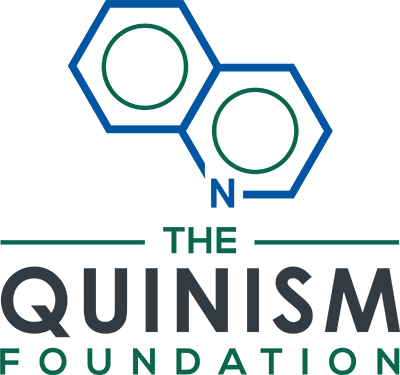The Quinism Foundation Joins Peace Corps Alumni Groups in Calling on NPR to Air Its Cancelled Report on Mefloquine
The Investigative Report on Mefloquine Use in the Peace Corps Was Cancelled Only Days Before Its Scheduled Airing in November 2017
WHITE RIVER JUNCTION, VT. (PRWEB) MARCH 15, 2018
The Quinism Foundation has joined three Peace Corps alumni groups in calling on NPR to air its cancelled investigative report on the Peace Corps’ use of the antimalarial drug mefloquine. The report was abruptly cancelled by NPR in November 2017 only days before its scheduled airing. [1]
The Quinism Foundation joined the National Peace Corps Association (NPCA), the Returned Peace Corps Volunteers of Washington, DC (RPCV/W), and Health Justice for Peace Corps Volunteers (HJPCV) in writing to Christopher Turpin, Acting Senior Vice President for News and Editorial Director at NPR, calling on the network to air the two-part report in full, and without further delay.
“We recognize that our request, to air this story, in full, and without further delay, may conflict with NPR editorial policies,” wrote Natalie Rico, President of RPCV/W, in her organization’s letter. “However, this report was fully vetted and approved by NPR and we believe that, given the chance, NPR’s ombudsman would support us in airing the story, without delay, despite the lead investigator being unable to respond to comments about the broadcast. These men and women, who served their country, deserve the opportunity to have their voices heard as part of promoting a better understanding of the Peace Corps experience.”
“I was first contacted by staff at NPR expressing interest in a story on mefloquine in April 2012 and was advised that NPR editors had approved work on this investigation as early as October 2012,” wrote Dr. Nevin, executive director of The Quinism Foundation, in his organization’s letter. “Over the next five years, I personally invested several dozen hours participating in on-site and telephone interviews, and in email correspondence with NPR Investigations staff. It seems likely that total time invested in this story over the past five years by NPR staff is orders of magnitude greater than this.”
As recently reported, NPR cancelled the airing amidst allegations of sexual harrassment by the story’s lead investigative reporter. [1]
“HJPCV’s understanding is that the allegations against the reporter do not extend to the substance of this important story,” wrote Dr. Nancy Tongue, founder and director of HJPCV, in her organization’s letter. “The potential influence of this story to save the life of just one Volunteer and raise awareness related to the health, safety, and security of all Volunteers largely outweighs the unfortunate set of circumstances that surround this story. HJPCV unequivocally would like to have this story air in its current form as soon as possible.”
The organizations wrote their letters to NPR on Wednesday, March 14, 2018.
The Quinism Foundation promotes and supports education and research on quinism, the family of medical disorders caused by poisoning by quinoline drugs, including mefloquine, a drug which has been widely used by the Peace Corps since 1989. NPCA is the nation’s leading 501(c)(3) nonprofit organization mobilizing a united and vibrant Peace Corps community to create social change. To achieve this vision, NPCA champions lifelong commitment to Peace Corps ideals. RPCV/W is a membership organization, founded in 1979, to foster a community of RPCVs and friends in the Washington, DC area that embody the spirit of the Peace Corps. HJPCV is an NPCA-affiliate group primarily composed of sick and injured RPCVs, created to advocate for health benefits RPCVs are entitled to receive by law, but often cannot access.
[1] Simpson, April. NPR’s Daniel Zwerdling out after investigation into harassment. February 6, 2018. Available at: https://current.org/2018/02/nprs-daniel-zwerdling-out-after-investigation-into-harassment/

